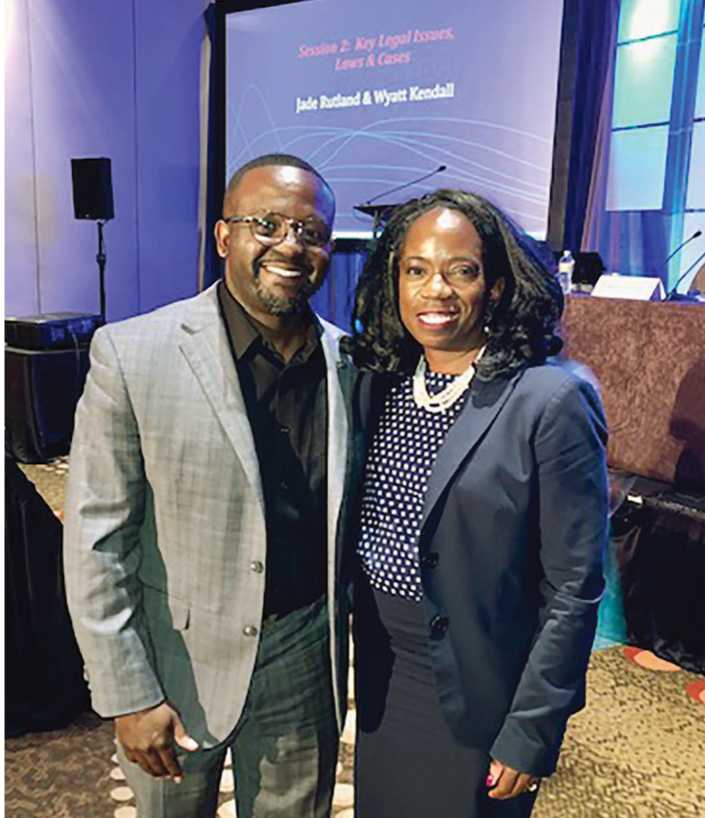An Environmental Justice Master Class on Protecting the Air, Land and Water Does Not Disappoint
| Publication year | 2022 |
| Pages | 0024 |
BY JACQUELINE F. BUNN

The article provides a synopsis of a CLE offered at the state Bar of Georgia Annual Meeting in June 2022 in Amelia Island, Florida.
Sir David Attenborough said, “The truth is: the natural world is changing. And we are totally dependent on that world. It provides our food, water and air. It is the most precious thing we have and we need to defend it.” Given the importance of our environment, several bar organizations coalesced June 3 at the State Bar’s Annual Meeting to present a dynamic continuing legal education (CLE) seminar on environmental justice. The topic: “Environmental Justice: What Can We Do to Protect the Air, Land and Water— Particularly in Poor and Communities of Color?”
A properly designed master class can challenge advanced students and students with limited knowledge alike. The seminar handily hit the mark. The Environmental Justice Movement seeks to prevent disproportionate adverse impact on disadvantaged communities. The U.S. Environmental Protection Agency (EPA) defines it as “the fair treatment and meaningful involvement of all people regardless of race, color, national origin, or income, with respect to the development, implementation and enforcement of environmental laws, regulations, and policies.”
The CLE was divided into three segments (all moderated by Gwendolyn Keyes Fleming). Fleming is the co-chair of the Environmental Practice Group at DLA Piper LLC, Washington D.C., and the former U.S. Environmental Protection Agency Region 4 (Southeastern Region) regional administrator. In the first segment, Fleming provided a succinct overview of the environmental justice movement. She detailed how the basis for environmental justice is found in the Due Process Clause, the Equal Protection Clause, the National Environmental Protection Act, Title VI of the 1964 Civil Rights Act, and state statutes, regulations and constitutions. Thereafter, an engaging conversation with the current EPA Regional Administrator Daniel Blackman allowed participants to gain a greater understanding of current trends and the nuts and bolts of the EPA’s operations. Blackman highlighted his past experience and his commitment to creating economic opportunities for marginalized communities in the South.
In the second segment, participants heard from two seasoned...
To continue reading
Request your trial
